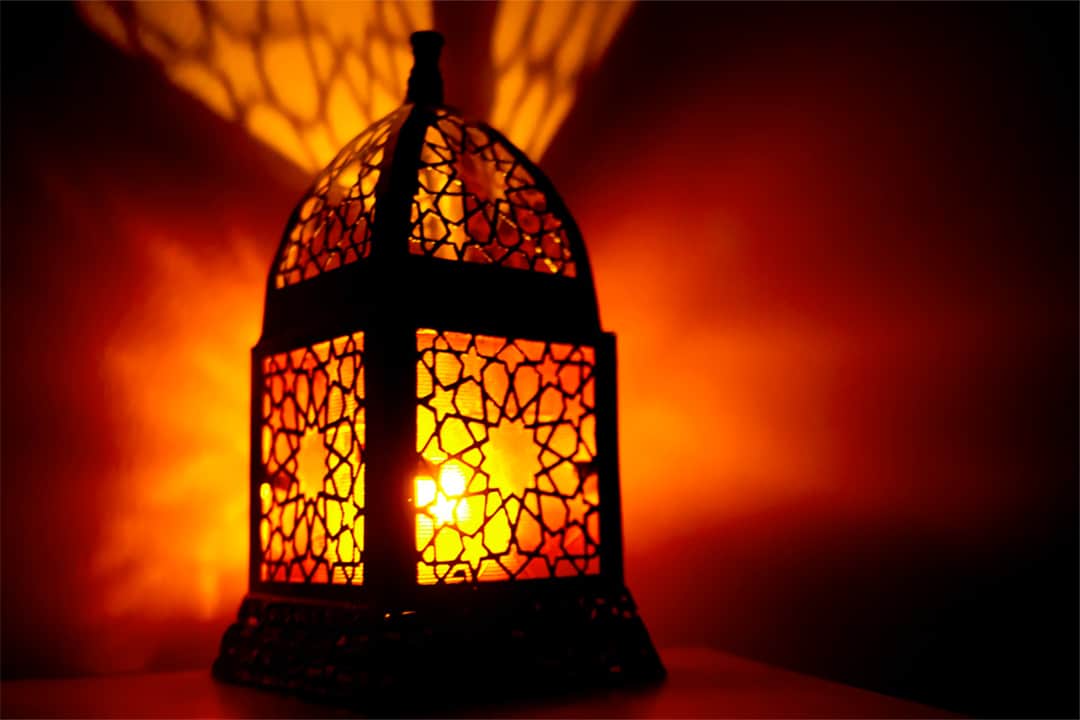The last 10 days of Ramadan are seen as the most special, as the night which is better than 1000 nights – Laylat al-Qadr will occur in them. You will feel tired, whether that is from lack of food, drink or sleep or from emotion in which we all know to be a month full of feelings. However it is important to ensure all the good we have done in this month, for ourselves and for those around us is continued not only through the last days of Ramadan, but also in the time that follows this blessed month.
It is important as we reach the last days to reaffirm your intentions for this month. The goal that you want to get closer to Allah, and your faith. This will keep you going as you begin to feel weaker as the days go on. It is important to not only remind yourself of the achievements that you have made already but also to set future goals to ensure that that they are continuous as the deeds most beloved to Allah (swt) are those which are small but done regularly (Sahih Bukhari). Similarly, those habits, or addictions that you have given up during Ramadan are something which must be celebrated, even if you were unable to fast during this month, this does not mean you are unable to get the benefits of this holy month from your Lord. Maybe you used Ramadan to stop self-harming, maybe you used it to keep up to date with your medication, maybe you gained the strength to get out of bed in the morning and pray fajr. These victories, whilst they may feel small and insignificant to others, are huge accomplishments towards the betterment of your mental health and your faith. Keep reaffirming your successes and that will inspire you to continue them throughout the last days of Ramadan, and even after the month has ended.
On the same note of keeping positive, when something doesn’t go the way you’ve planned, or your illness stops you from fulfilling all your goals, you should not feel guilty. Guilt only builds up and makes it even harder to complete even the most smallest of tasks. Instead, continue completing small steps daily, and keep striving, because you will only fail when you give up.
Loneliness is something that many people experience during Ramadan, whether you’re away from your family or not, so it important to have close bonds with those you love. Having an “Imaan buddy” to help keep your motivation up through the last days of Ramadan could be a way to combat loneliness which is damaging to your mental health. This is someone who you can send daily reminders to, and someone who can send them to you. Knowing there is someone there to support can be a great help, and when that person is someone you know and someone who knows you then the reminders can have that extra personal appeal which may resonate on a deeper level.
A way of preparing for the future during the last ten days is, to set a plan for the rest of the year. Whether you want to learn a new surah each month, or schedule when you want to make up your missed fasts, writing them down during the last ten days will encourage you to be motivated with these goals and also spur you on to complete and enjoy the blessings of what is left of Ramadan. Also, during these last ten days, try and keep a diary of the good deeds and goals which you have accomplished, then you can read it throughout the year and it will inspire you to continue the Ramadan spirit after the month has ended.
The most important thing to remember is to do what you can. You know yourself the best, so don’t set unrealistic goals for Ramadan just because you see your friends and family and their goals, doesn’t mean you need to accomplish the same. Take into account the nature of your mental health illness, if it causes a lack of concentration, it would be unrealistic to expect yourself to finish one juz per day. Go at your own pace and really understand what you’re doing and who you are doing it for, and once you complete those goals you will feel much happier with the sense of accomplishment, rather than the feeling of failure.
We pray that Allah accepts our ibaadah of the whole month and allows us to witness and feel Laylatul Qadr in the best of ways, Ameen. Please continue to keep Inspirited Minds in your blessed ad’iyaat.





Thank you so much for this article about the last ten days of Ramadan. It really helps to know that there are others who similarly find certain acts of worship hard and how to proceed the following year and keep on top of realistic goals. This is a really warm positive article. Jzk